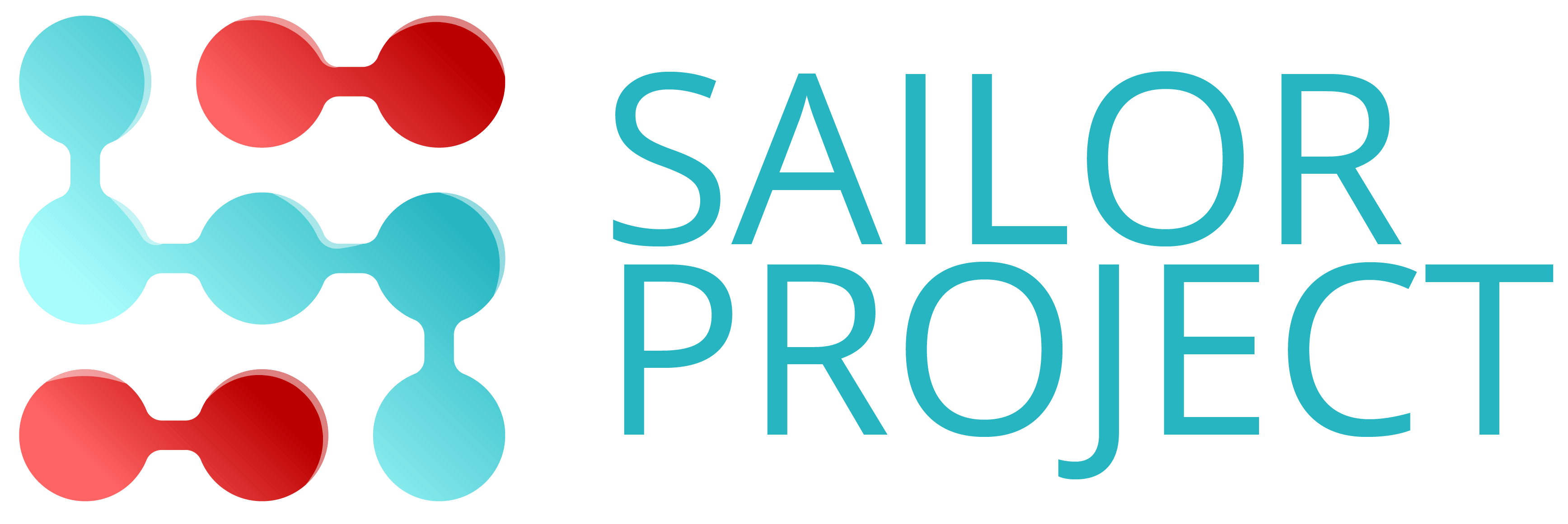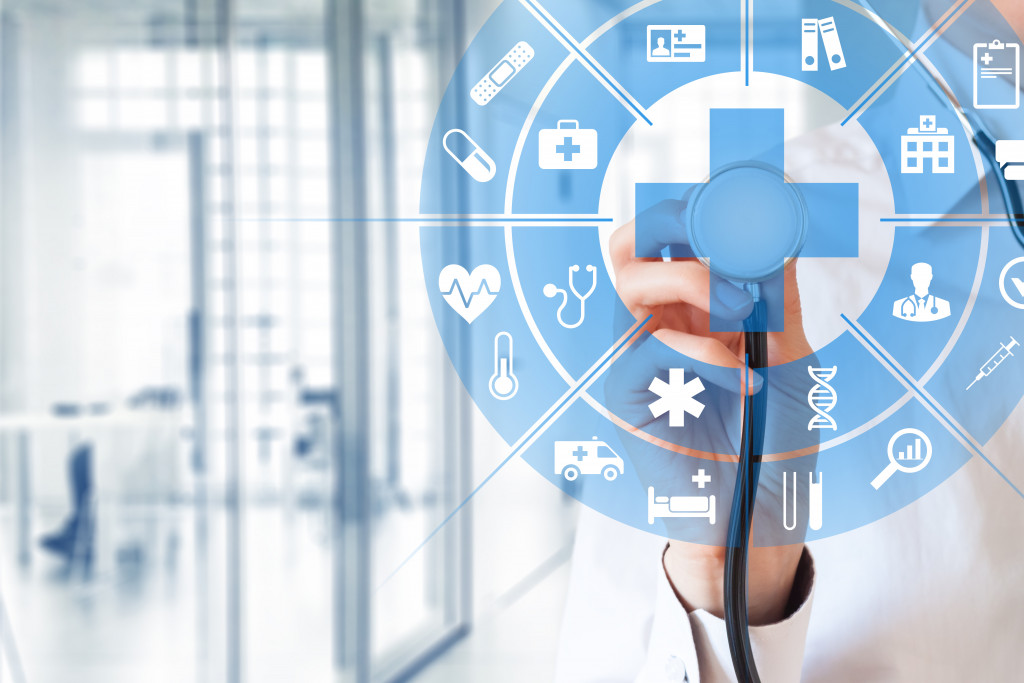The medical industry is one of the most critical industries in the world. It provides vital services to people of all ages and backgrounds. In addition, the medical industry is responsible for the health and well-being of billions of people around the globe. Because of this, the industry is one of the largest, with its value reaching about $10 trillion this year.
With all the investments poured into this field, the medical industry has become a complex and ever-changing field. It is constantly evolving to meet the needs of patients and families.
The medical industry is a complex and fascinating field. It is constantly changing and evolving to meet the needs of patients and families. There are many different aspects of the medical industry, from research and development to patient care.
Each aspect of the medical industry is essential, but some technologies are necessary for the improved functioning of hospitals. Here are seven critical technologies that every hospital must-have.
Electronic Health Records
Electronic health records (EHRs) are a digital version of a patient’s medical history. They include information like immunizations, medications, allergies, and lab results. EHRs make it easy for doctors to access a patient’s medical history and make informed decisions about their care.
EHRs are essential to every hospital because they help improve the quality of care. They also help to reduce costs by preventing duplicate tests and procedures. EHRs are also suitable for managing patient safety. Moreover, with blockchain technology, patient records are more secure than ever. of the
EHRs are at the frontline of every administrative task in the United States, making them essential to every hospital.
Medical Vacuum Systems
A medical vacuum system is an equipment that uses suction to remove fluids from the body. They are used in a variety of medical procedures, such as childbirth, wound care, and surgery. Medical vacuum systems are an essential part of many hospitals because they help improve the quality of care.
The medical vacuum has different parts. First, the all-essential medical vacuum pump helps with the suction. Then, there are the suction canisters which help to collect the fluids. Finally, there are also disposable suction tubing and filters. These items work together to create a medical vacuum system that is essential to hospitals.

Medical Imaging Systems
Medical imaging systems are used to create pictures of the inside of the body. They are used to diagnose and treat medical conditions. Medical imaging systems include X-rays, MRIs, CT Scans, and PET Scans.
Medical imaging systems are essential to hospitals because they help doctors diagnose and treat medical conditions. They also help to improve the quality of care. With medical imaging systems, doctors can see inside the body without performing surgery. As a result, imaging systems help to reduce the risk of complications.
Robotics
Robotics is a type of technology that is used to automate tasks. Robotics is used in many different industries, but it is imperative in the medical industry. For example, robotics is used in hospitals to assist with surgery, patient care, and the delivery of medicines.
Robotics is essential to hospitals because it helps to improve the quality of care. It also helps to reduce the risk of errors. Robotics can be used in various tasks, such as surgery, patient care, and the delivery of medicines. The use of robotics helps free up time for doctors and nurses to focus on other tasks.
Hospital Management Systems
A hospital management system is a type of software that helps manage a hospital’s administrative tasks. These tasks include appointments, billing, and clinical decision support. Hospital management systems are essential to every hospital because they help improve the quality of care.
Hospital management systems help improve the quality of care by providing doctors with the ability to access patient records from any location. They also help to reduce costs by automating tasks. Hospital management systems are also suitable for managing patient safety.
Medical Billing Systems
Medical billing systems are used to process and manage medical claims. In addition, they are used to submit claims to insurance companies and contact patients about their bills. Medical billing systems are essential to every hospital because they help improve the quality of care.
Medical billing systems help improve the quality of care by providing doctors with the ability to submit claims electronically. They also help to reduce costs by automating tasks. Medical billing systems are also suitable for managing patient safety.
Telemedicine Systems
Telemedicine uses telecommunications technology to provide medical care from a distance. Telemedicine systems connect patients with doctors for consultations, diagnosis, and treatment. Telemedicine is an essential part of many hospitals because it helps to improve the quality of care.
Telemedicine systems help to improve the quality of care by providing patients with access to doctors from any location. They also help to reduce costs by automating tasks. Telemedicine systems are also suitable for managing patient safety.
Hospitals are essential to the healthcare system in the United States. They play a vital role in providing quality care to patients. To function efficiently, hospitals need a variety of essential technologies. These technologies include medical vacuum systems, medical imaging systems, information technology systems, hospital management systems, billing systems, and telemedicine systems. Each of these technologies helps improve the quality of care that hospitals provide.





